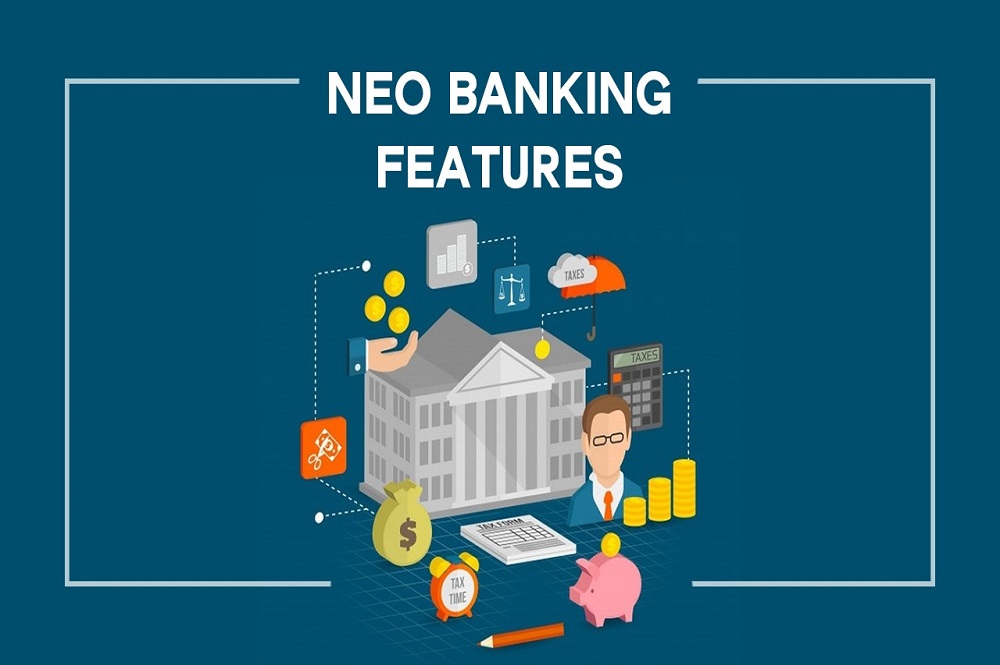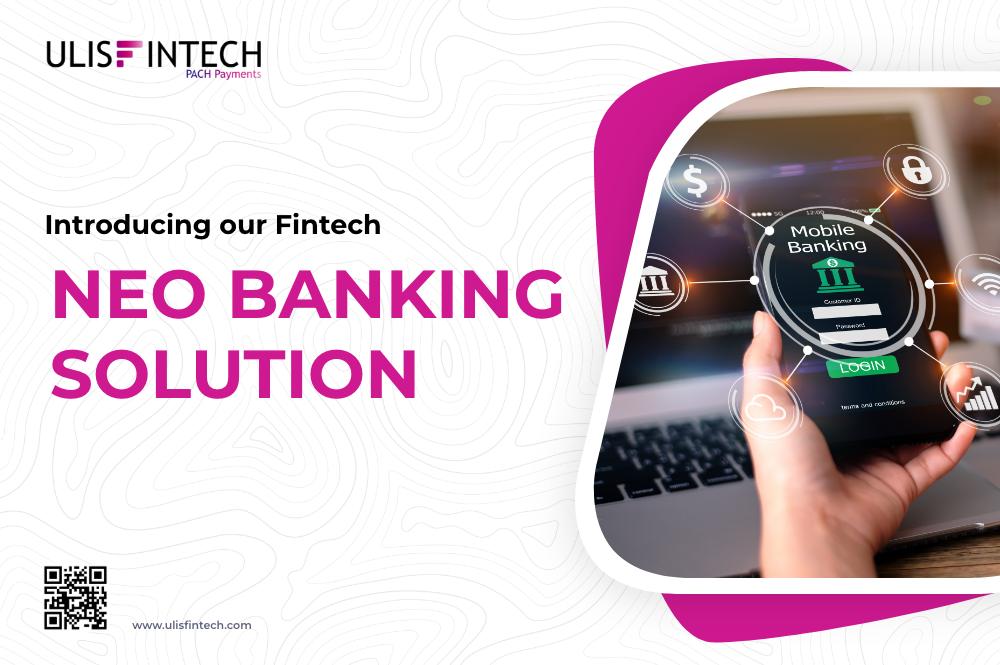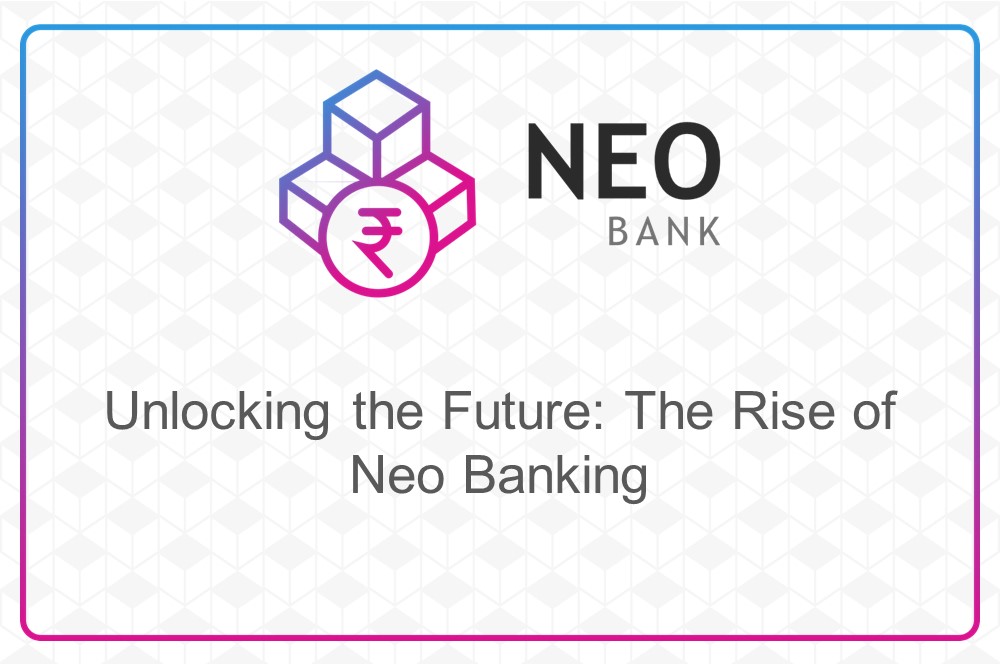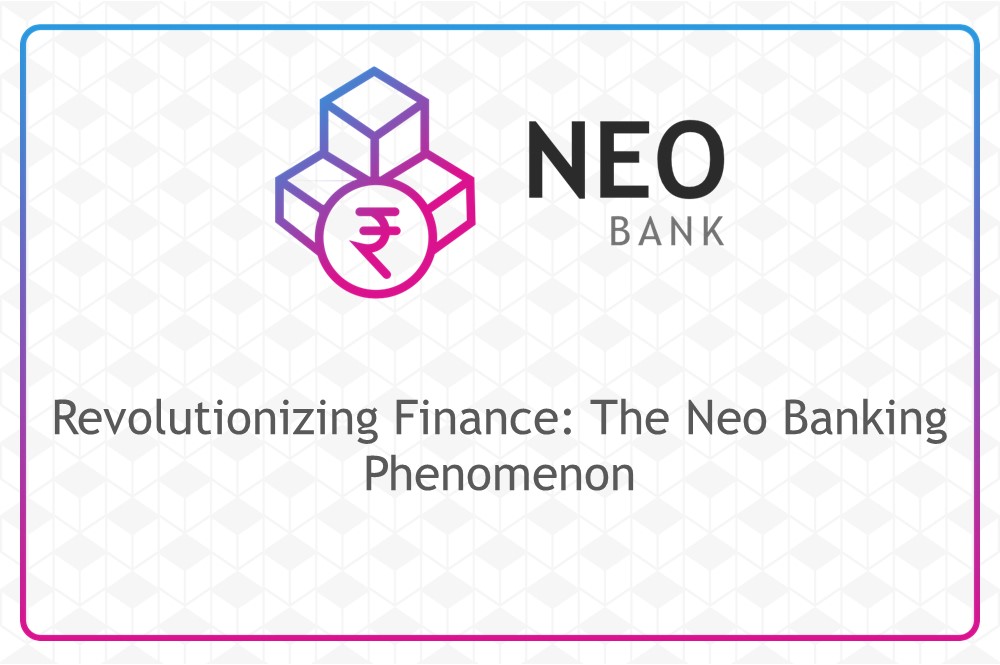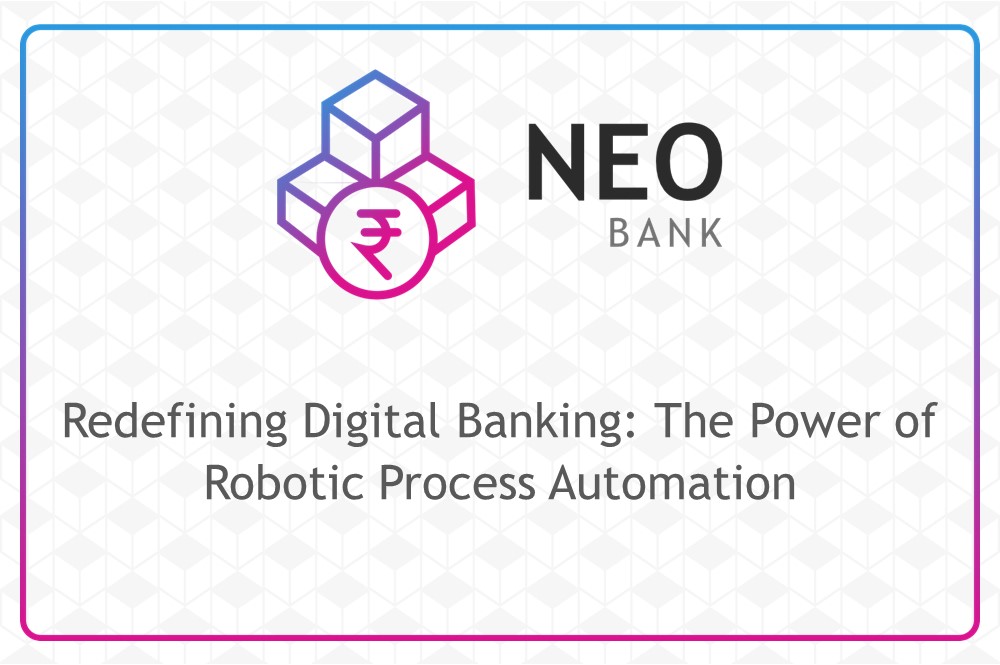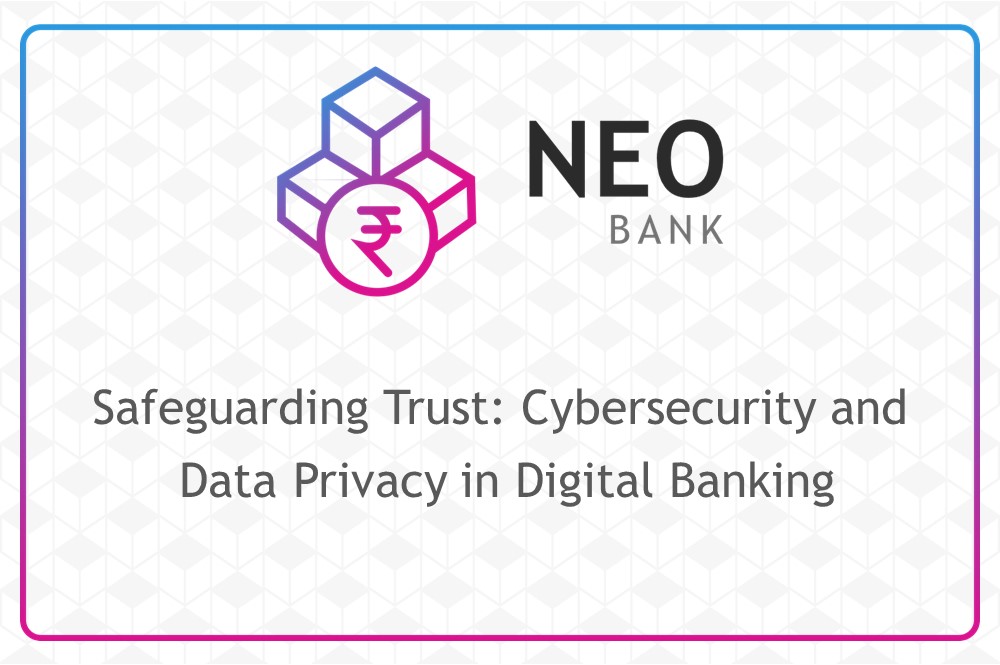Banking for All: Can Neo Banks Bridge the Gap for the Unbanked?
Jul 29, 2025 - 2 MINS READ

Across the globe, millions of people remain unbanked, lacking access to basic financial services like secure savings accounts, loans, or credit. This exclusion from the formal financial system can have a significant impact on their lives, hindering economic mobility and limiting opportunities. Here, we explore the potential of neo banks – the digital-first financial institutions – to bridge the gap and promote financial inclusion for the unbanked population.
Understanding the Barriers to Traditional Banking
Several factors contribute to why a significant portion of the population remains unbanked:
-
Geographic Limitations: Traditional banks may have limited physical branch presence, particularly in rural areas, leaving remote populations without access.
-
High Fees: Minimum balance requirements and high transaction fees associated with traditional bank accounts can be a barrier for those with limited income.
-
Complex Documentation: Opening a traditional bank account often requires extensive documentation, which can be challenging for those without formal identification or proof of address.
-
Lack of Financial Literacy: Limited understanding of financial products and services can create fear and mistrust of the banking system, discouraging some from participating.
The Promise of Neo Banks: Accessibility and Technology
Neo banks offer distinct advantages that could potentially address the challenges faced by the unbanked:
-
Mobile-First Approach: Neo banks operate primarily through mobile apps, eliminating the need for physical branches and making banking services accessible to anyone with a smartphone.
-
Lower Fees: Many neo banks offer low or no minimum balance requirements and lower transaction fees compared to traditional banks, making them more affordable for the unbanked population.
-
Simplified Account Opening: Neo banks often have streamlined online account opening processes that require minimal documentation, making it easier for the unbanked to participate.
-
Focus on Financial Education: Several neo banks integrate financial literacy resources and educational content within their apps, empowering users to understand basic financial concepts and make informed financial decisions.
Beyond Accessibility: Building Trust and Addressing Challenges
While neo banks hold promise, there are challenges to overcome:
-
Digital Divide: Limited access to smartphones and reliable internet connectivity can hinder the reach of neo banks in some regions.
-
Building Trust: The unbanked population may have limited understanding or even distrust of digital financial services. Building trust and financial literacy is crucial for wider adoption.
-
Cash Dependence: Many unbanked individuals rely heavily on cash for daily transactions. Integrating cash-in/cash-out options with neo banking services can be essential.
Collaboration for Success: Neo Banks and Partnerships
The success of neo banks in promoting financial inclusion hinges on collaboration with other stakeholders:
-
Government Initiatives: Government programs can provide subsidies or incentives for mobile data access and smartphone ownership, expanding the reach of neo banks.
-
Financial Literacy Programs: Partnerships with NGOs or community organizations can offer educational programs to increase awareness and trust in digital financial services.
-
Fintech Innovation: Collaboration with other fintech companies can lead to more inclusive service offerings, such as integrating mobile money wallets with neo banking services.
The Road to Financial Inclusion: A Shared Responsibility
Achieving financial inclusion for the unbanked population requires a multifaceted approach. Neo banks, with their innovative features and focus on accessibility, can play a significant role in bridging the gap. However, collaboration with governments, NGOs, and other stakeholders is crucial to overcome challenges like the digital divide and build trust in digital financial services.
By working together, we can leverage technology to empower the unbanked and unlock their full economic potential.
